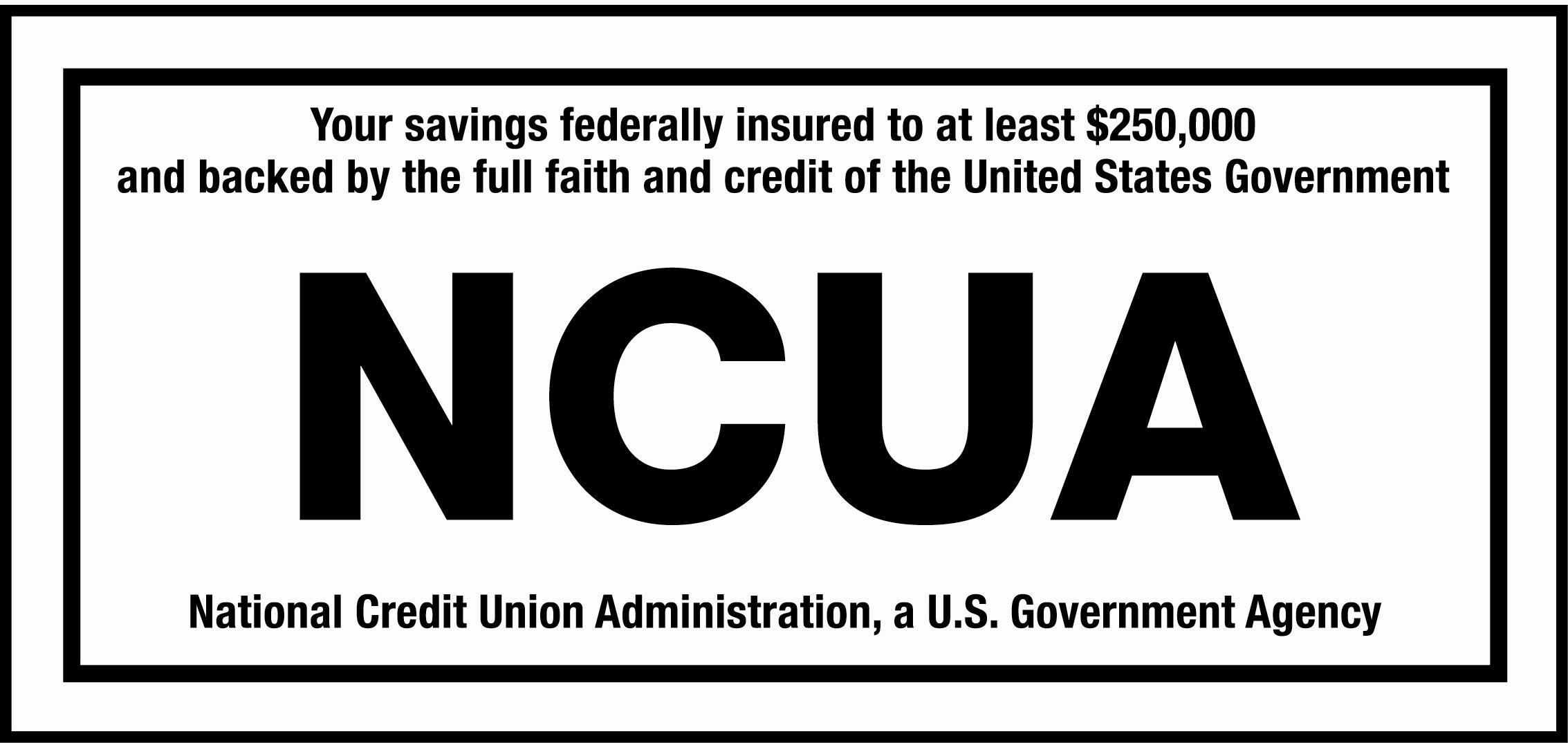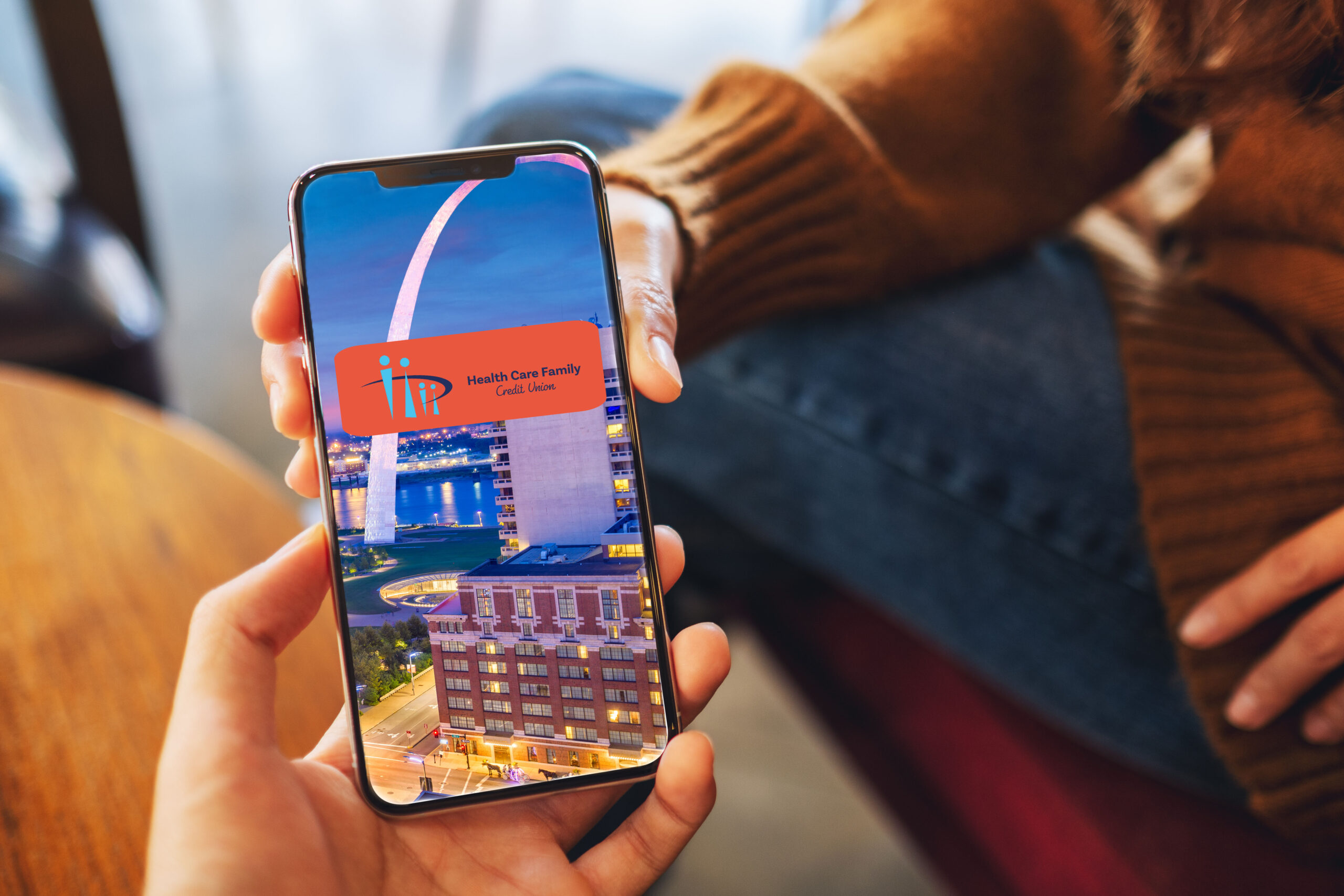If you’ve ever had a large unexpected bill you can probably attest to one of two things; you were glad that you had an emergency fund to cover the expenses or you struggled to cover the rest of your monthly expenses as a result of the unexpected. Planning for the unexpected is crucial, it will make dealing with a bad situation much less stressful on your finances. According to GOBankingRates.com more than half of Americans have less than $1,000 in savings.
You emergency fund is money that you are setting aside to pay for any curveballs that life decides to throw your way. Investopedia says to think about an emergency fund like an insurance policy. Only instead of paying a monthly premium to an insurance company you are paying it to your savings account. It is a fund that can be accessed quickly and designated for unexpected events.
How much is enough to keep in an emergency fund. There is a lot of debate on how much you should actually keep. Some financial experts will advise you to have up to six months of your salary saved in an emergency fund, and others will tell you as little as three months is sufficient. The amount of an emergency fund is going to be very specific to each individual. Perhaps the best thing to do is calculate the amount of your monthly living expenses like: mortgage or rent, insurance, car payments, groceries, credit card payments, utilities, etc… and keep enough to cover between 3 and 6 months of those expenses in your emergency fund. The more you keep in your emergency fund, the less stressful those curveballs become.
When is the right time to use your emergency fund? You will probably be tempted to pull from your emergency fund to payoff large chunks of debt or go on a vacation, but keep in mind what you’ve been saving that money for. Have a list with specific scenarios that you’ll use your emergency fund for. It should be to cover things like medical emergencies, damage from a natural disaster, unforeseen vehicle repairs, emergency veterinary bills or unemployment.
Set a savings plan and stick to it to build your emergency fund. Hopefully you never have to use it, but you’ll be glad you have it if you ever do.



